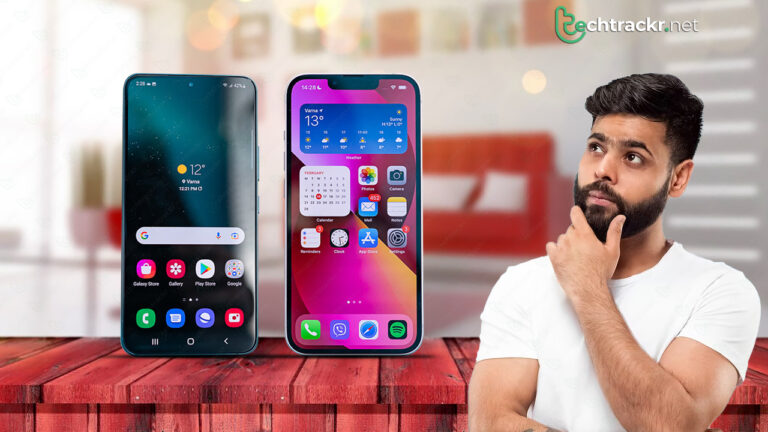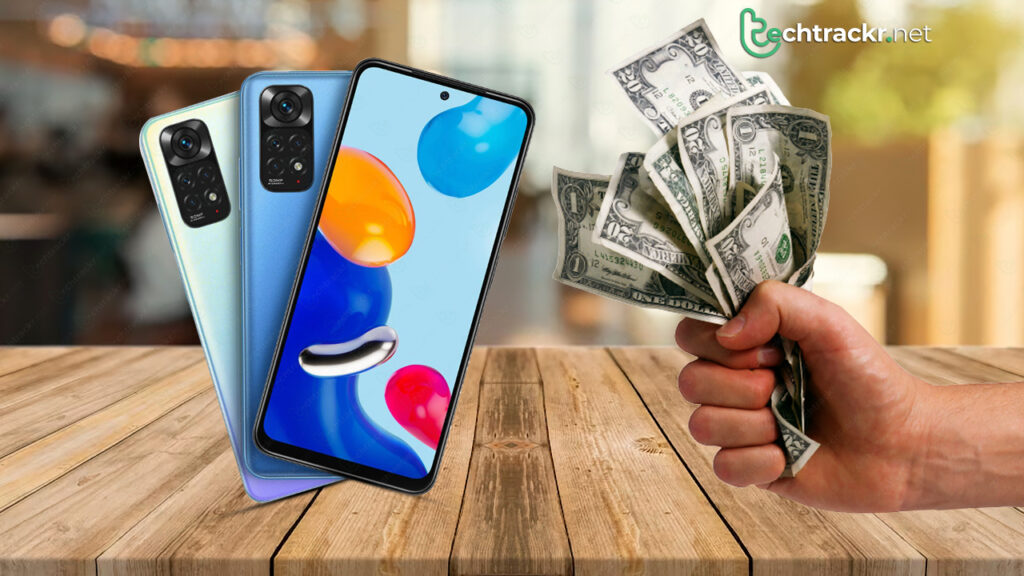
Smartphones are a big part of our daily lives. They’re everywhere, serving as our go-to for communication, clicking pictures, storing data on the cloud, using the internet, and sometimes serving as a backup charger for other phones.
You can’t go anywhere without spotting at least one person glued to their phone, including kids and teens. Buying the right phone is always challenging, given the endless options available. Finding the one that fits your needs can be quite a task.
Before you choose the exact smartphone you’ll buy when the time comes, it’s essential to consider a few crucial factors.
Build quality
The way a smartphone is made decides how tough it is. Most phones are metal or plastic, and only a few have glass-coated surfaces. If you’re the type who often accidentally drops your phone, it’s best to go for a metal or plastic one. Unlike the glass ones, which are prone to shattering, these can handle falls from about 2-3 feet.
Also Read: How to set up two-factor authentication on your Google account
Display
The size and resolution of your smartphone’s display can vary depending on how you use your phone and what you use it for. It’s clear that smartphone manufacturers pay great attention to their displays, and for good reason, as exemplified by the iPhone’s retina display and HTC’s Super LCD panels.
When you power up your phone, the screen is the first thing that greets you. Consequently, manufacturers prioritize both the size and quality of the screen. Display technology and resolution are two critical factors impacting overall display quality.
A screen ranging from 5.5 to 6 inches with either full-HD or QHD resolution should work well for you if you often watch videos, edit images or videos, or download and view movies. Anything larger than a 6-inch screen makes the phone feel heavier and more awkward to carry.

Processor
The processing speed of smartphones changes from one device to another, depending on things like the Operating System version, user interface, and extra pre-installed software.
For those who love to do a lot on their phones—like using apps in split screen, playing intense games, streaming videos, and editing stuff online—a smartphone with Qualcomm Snapdragon 652 or Snapdragon 820/821 will make multitasking a breeze. If you’re not into all that heavy stuff, a mobile with MediaTek processors will be good enough for more straightforward use.
Also Read: How to transfer WhatsApp data from Android to iPhone
Camera
Whether capturing personal memories or using it for work, picking an excellent smartphone camera is usually one of the initial things people think about when getting a new phone.
A decent camera must meet various requirements, including megapixels, pixel size, ISO levels, autofocus, and other factors. If you’re taking pictures casually, you can opt for a camera with fewer megapixels and a slightly slower shutter speed. However, if you’re passionate about photography, you’ll require more megapixels and a faster shutter speed, regardless of the lighting situation.
Storage and security
The phone’s operating system and pre-installed apps can consume a significant portion of the storage. If you don’t intend to download numerous apps, choose a 32GB model since the 16GB, 32GB, and 64GB versions don’t precisely offer the specified storage amount. The 64GB or 128GB models are more suitable for those who love installing numerous apps. Additionally, you can opt for a 16GB model with a microSD card slot to extend the storage if necessary.
Nowadays, many smartphones have added security features such as fingerprint or iris scanners. These can be used to lock and unlock the phone and access specific files, documents, or apps.
While most high-end phones typically include a fingerprint sensor, finding one equipped with an iris scanner is still relatively uncommon. Since our phones contain a wealth of personal information nowadays, opting for a smartphone with these additional security features is smart.

Also Read: How to prevent your phone’s battery from degradation
Battery Life
This aspect holds significant weight when choosing a smartphone. If you use an iPhone, you’re probably well acquainted with what’s known as “Battery Life Anxiety” (BLA). It’s that feeling of constantly searching for a wall socket, a laptop, or a power bank to recharge your phone. And naturally, your phone chooses to die just when you need it the most.
When you’re in the market for a new phone, be sure to take a look at the battery capacity. Avoid going for anything below 3000mAh. Nowadays, with battery life being such a critical factor, phone manufacturers are fitting larger batteries into their devices.
The phone’s price
Finally, consider the smartphone’s price, as it influences everything else. Your new phone should fulfill all our earlier requirements while staying within your budget.
Discovering the perfect device can be challenging and time-consuming, but it’s a worthwhile investment to treat yourself to a high-quality smartphone that you’ll use daily for at least a few months.
